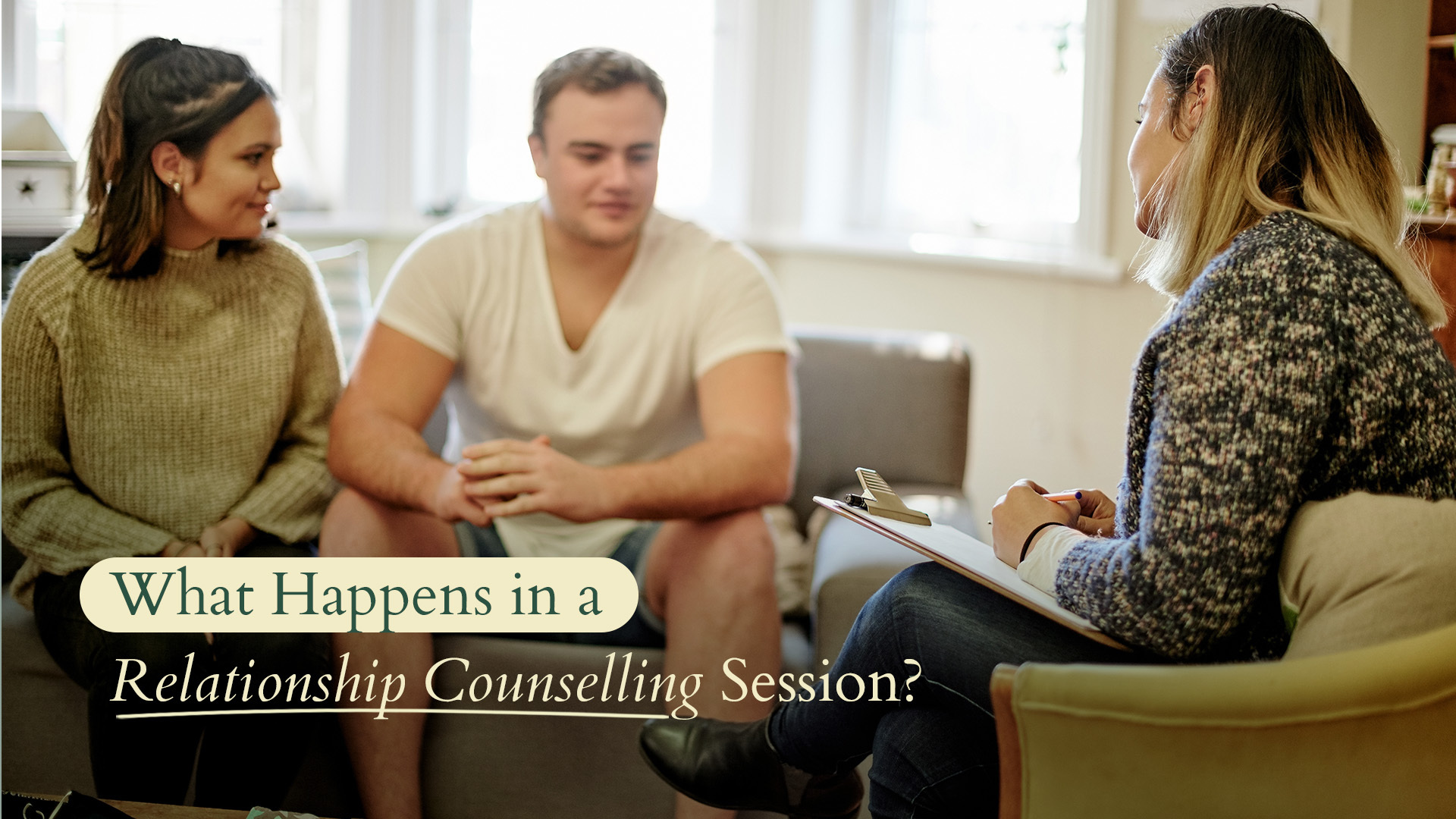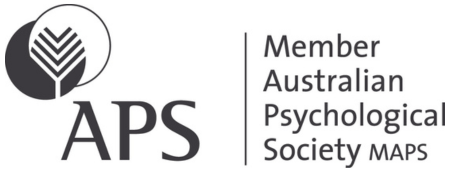

For many people, the idea of starting therapy can feel overwhelming, especially if you don’t know what to expect. If you’ve ever found yourself wondering “what happens in the first therapy session?”, you’re not alone. Whether you’re reaching out for support with anxiety, stress, or just feeling stuck, understanding the process can make taking that first step a little easier.
In this blog, we’ll walk you through what typically happens during a first therapy session, so you can feel more informed, reassured, and ready to begin.
So, what is a first therapy session actually like?
It’s important to know that the initial session is not about fixing everything in one go. Instead, it’s about building a foundation, getting to know your therapist, feeling out the process, and identifying what support you’re looking for.
Here’s what you can generally expect:
Before your session starts, you’ll usually be asked to fill out an intake form. This includes some background details like your current concerns, past medical history, medications (if any), and emergency contact information. It’s a quick but important step to help your psychologist understand your situation and provide the right kind of support.
Your psychologist will explain how confidentiality works in therapy. In Australia, psychologists are required to maintain strict confidentiality, except in certain situations where safety is at risk. This discussion is meant to help you feel safe sharing openly, knowing your privacy is protected.
This is where the real work begins. But don’t worry, there’s no pressure to pour everything out at once. Your therapist will ask open-ended questions to understand what’s bringing you in, how things have been for you lately, and what you’d like to get out of therapy. The first therapy session is all about creating a comfortable space where you can talk freely.
Towards the end of your session, you and your therapist may begin to identify a few key goals. These could be emotional (like feeling less anxious), behavioural (like improving sleep), or relational (like navigating conflict). These goals can evolve over time but starting with a focus gives therapy direction and structure.
If you’re feeling nervous, awkward, or even sceptical before your first therapy session, that’s completely understandable. Therapy is a new experience for many people, and walking into a session not knowing what will happen can trigger uncertainty.
But here’s the good news: good therapy moves at your pace. You’re not expected to “perform” or have all the answers. You’re simply showing up and that in itself is a powerful first step.
At PsychologyCare, sessions are centred around you. Your psychologist isn’t there to judge or diagnose on the spot, they’re there to listen, support, and collaborate with you.
If you’ve had negative past experiences or if you’re someone who struggles to open up, that’s okay too. Therapy is a place where those experiences are valid and welcomed. The goal is to create an environment where you feel emotionally safe, seen, and supported.
A lot of people hesitate to book that first therapy session because they’re not sure if their problems are “serious enough.” The truth is, you don’t need to be in crisis to benefit from talking to someone. Therapy can help with everything from managing daily stress and building resilience to navigating big life changes and emotional pain.
If you’re curious about how mental health services and early intervention are supported in Australia more broadly, the Australian Institute of Health and Welfare offers a national overview worth exploring.
You don’t need to prepare anything major before your first session, just be yourself. But here are a few tips to help you feel more settled:
Taking the first step into therapy is an act of strength not weakness. If you’re ready to feel supported, heard, and guided toward greater wellbeing, we’re here to help.
👉 Book your first session with PsychologyCare today. Our experienced, compassionate team is ready to support you through whatever you’re facing, one step at a time.










